The Pakistani Army's Rangpur Cantonment, the headquarters of the Northern Tank Division, came under assault on this day in 1971. At 10 a.m. on the historical Rangpur Cantonment Siege Day, Divisional Administration, Rangpur City Corporation, DIG Rangpur Range, Rangpur Metropolitan Police, District Administration, District Police, Zilla Parishad, Rangpur Reporters Club, and various public and private offices paid tribute by laying flowers at the monument honouring the fallen freedom fighters on the banks of the Ghaghat River, next to the Rangpur Cantonment.
Just one day after the War of Liberation's formal commencement, on March 26, the military conflict began. This day in 1971 marked the beginning of a unique history when the freedom-loving demonstrators of Rangpur surrounded the Rangpur Cantonment with clubs, bows, and arrows.
On March 28, 1971, an effort was made to encircle Rangpur Cantonment with the ultimate sacrifice of over 600 brave Bangalees. This endeavour still stands as a brilliant example of Bengali valour.
Majibar Rahman Master, a great freedom fighter and brave participant in that endeavour, claimed that the Bangalees shown extraordinary bravery just three days following the Pakistani army's attack on innocent Bangalees on March 25, 1971.
Following the invitation of the Father of the Nation, Bangabandhu Sheikh Mujibur Rahman, in his historic address on March 7, as many as 30,000 Bangalees, regardless of caste, creed, or religion, attempted to take the cantonment on that day.
"Supreme sacrifice of hundreds of independence-seeker heroic Bangalees while surrounding the cantonment that day ignited the sleeping heroism in every Bangalee to participate in the Great War of Liberation to achieve independence," Rahman stated.
In accordance with Major Nasir Uddin's well-known book "Juddhe Juddhe Swadhinota," hundreds of Bangalees, regardless of caste, creed, or religion, poured onto Nishbetganj on the Ghagot River bank in Rangpur City on that particular day.
"The independence-seeker Bangalee Muslims, Hindus and Buddhists, Oraon, Santal and other ethnic communities equipped with indigenous, lethal and sharp weapons, spears, arrows and bows attempted to capture the cantonment," according to the book.
From 4 to 5 pm, the independence-seeking Bangalees had been gathering there with the goal of taking the cantonment at whatever costs. They were from the south and southwest.
in one point, hundreds of people gathered in Nishbetganj to march towards the cantonment. Awami League (AL) leader Sheikh Amjad Hossain presided over an impromptu meeting addressed by its leader Majibar Rahman Master and CPB leader Comrade Sayer Uddin.
"The 23rd Brigade Headquarters of the Pakistani Army was then stationed at Rangpur cantonment and the third Bengal Regiment, 26th Regiment and 23rd Cavalry Regiment and its associate forces and 29th Tank Bahini were under its command," according to the book.
To honour the valiant martyrs, the district administration and other groups have organised events similar to those in past years, such as laying wreaths at the Nishbetganj Baddhyabhumi Smriti Soudha 'Rakta Gaurab' tomorrow.
Today in Nishbetganj in the city, a gathering of valiant liberation warriors, political figures, and regular people will take place, followed by demonstrations by various groups carrying the indigenous weapons that were used during the attack on the cantonment.
End/v7n/rbr/sma/dk
A global news agency.



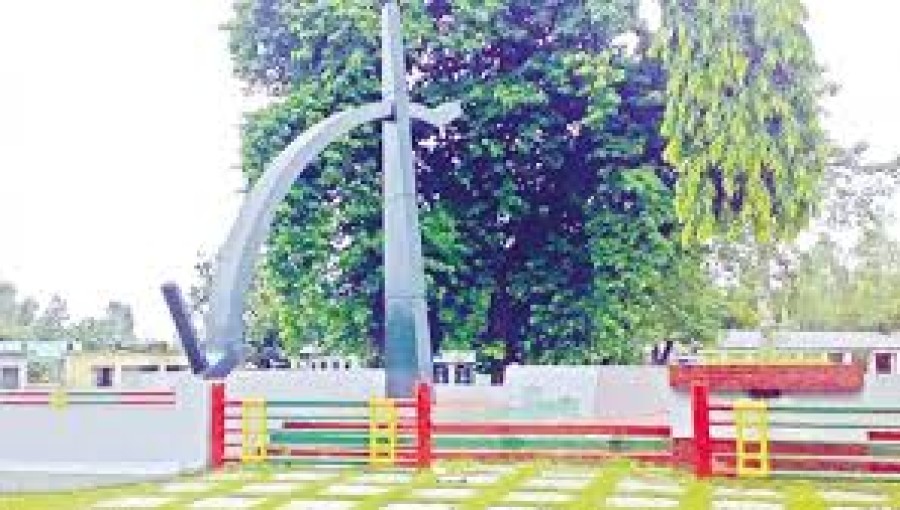

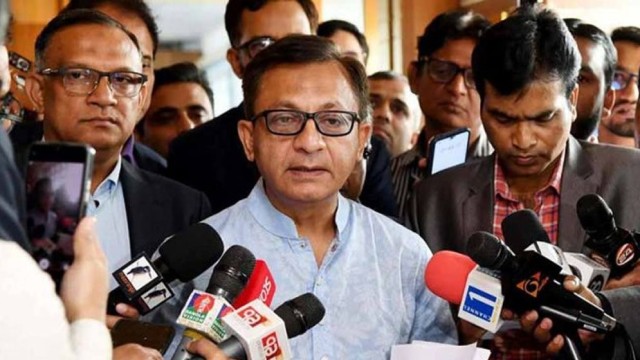
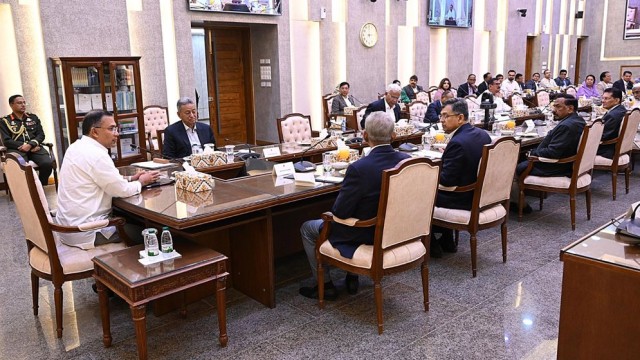



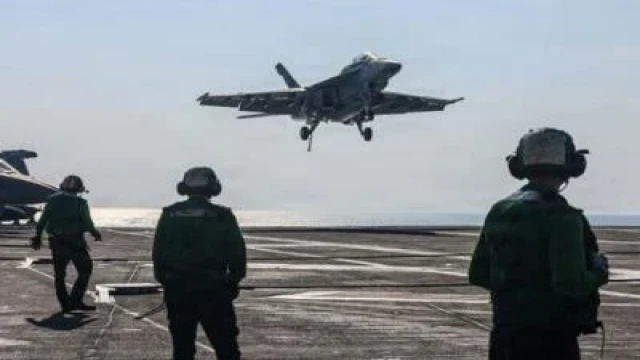




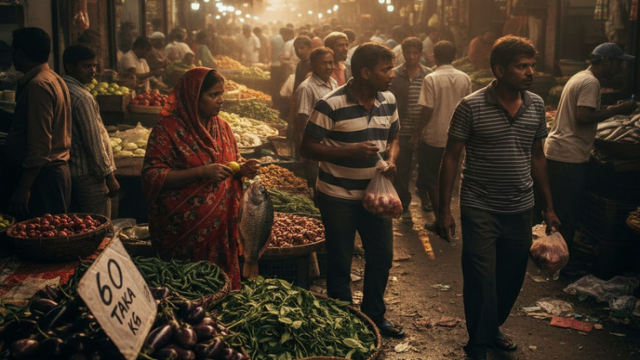
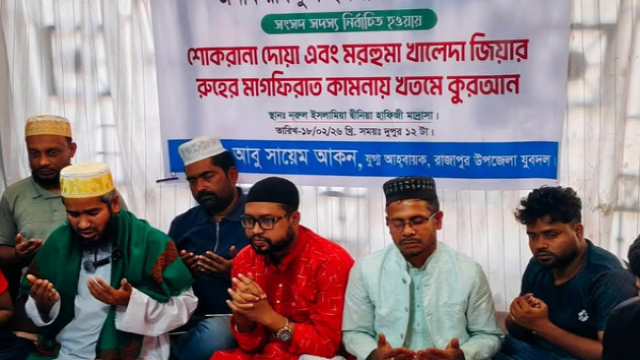
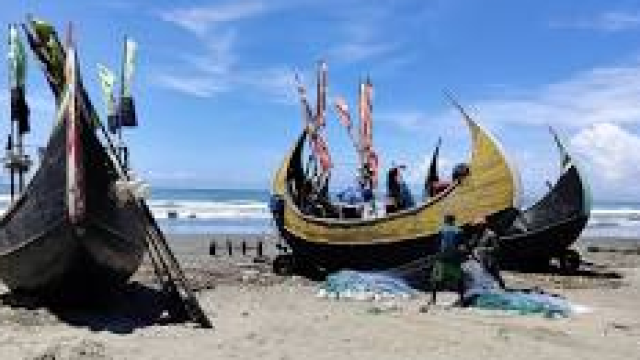
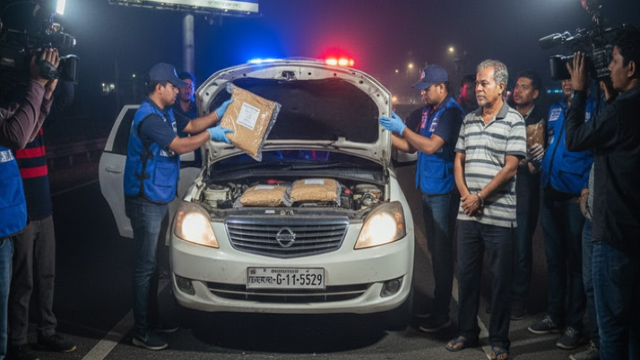
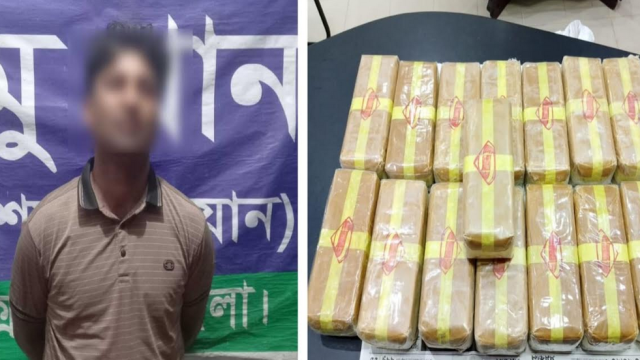











Comment: